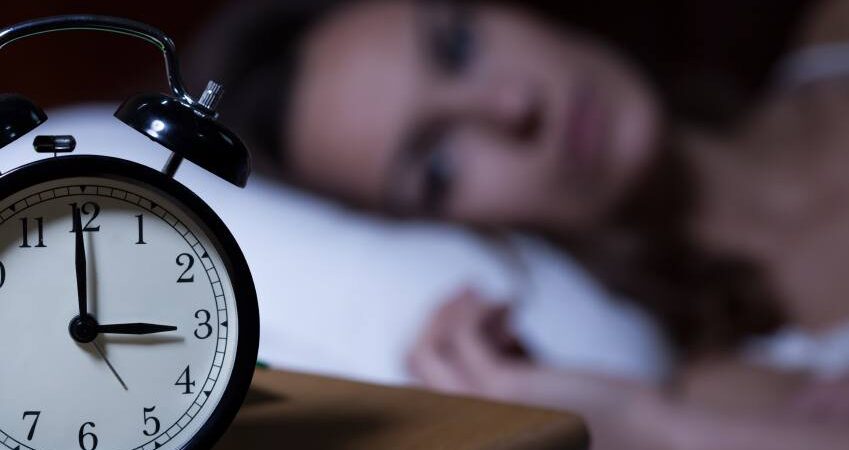Resting is a key to face the day with energy and security, but bad habits, stress and other facts sometimes make sleep an agony for many people.
Insomnia is a sleep disorder that impedes someone to sleep enough time to feel rest and active the next day. It doesn’t just affect at night. It’s during the next day when we face the consequences as the concentration difficulty, irritability… the amount of sleep varies depending on each people, although it’s genetically known that newborns usually sleep for around 18 hours; Adults between 7,5 and 8 and older people around 6 hours.
Nowadays, 15 percent of the adult population suffers insomnia. Although in most of cases it is actually a symptom of other disorder. So when treating it’s important don’t just to treat the symptoms but the causes that originate it.
Causes
Here we present some of the most common causes of insomnia.
- Anxiety or depression.
- A sedentary lifestyle.
- Excessive caffeine, alcohol or tobacco.
- Irregular sleeping times.
- Making excessive exercise before going to bed.
- Chronic diseases such as fibromyalgia, heart failure, ulcers.
- Diseases during sleep such as sleep apnea, restless leg syndrome.
- Consumption of stimulant medications, sedatives or antidepressants.
Recomendations
It is important first to change inadequate habits to finish with insomnia, many of them from inadequate thoughts that increase our worries, and others from bad habits we acquired. Whatever the problema is, we present 7 recommendations that will help you fight insomnia and finally get to pleasant sleep.
- Mindfulness – First, it’s important to get a greater self-control of our mind while we are going to sleep, leaving the previous beliefs and replacing them for others that make our body feel relaxed. For example an excessive worried based on the consequences of bad sleep can generate apprehension for the next night and make the problem bigger.
- Punctuality – Try to get up and go to sleep at the same time everyday. Who hasn’t been in bed till noon on a Sunday and was unable to sleep at night? Experts recommend to not vary sleeping schedules so our “biological clock” won’t suffer the consequences if you have to work next day.
- Don’t fight – Go to bed only when you are tired. Accept it. If you can’t sleep after 15 minutes, you won’t get it. Get out of bed and make a monotonous activity that doens’t requires you concentration. The more tossing in bed you do, more frustrated will you feel.
- Get free of screens – Although it seems obvious, it’s really common to have the phone close by. This affects our quality of sleep because of the brightness of the phone that perplex our brain making it believe it’s daytime.
- Feed your rest – Eat foods that provide melatonin as it releases and promotes sleep. For example almonds, chamomile, oats, bananas… Be careful because, although we shouldn’t go to bed hungry, having dinner just before going to bed will impede you to rest well. We recommend you to have dinner at least 2 hours before bedtime to promote sleep.
- Change the chip – It’s very important making the mental exercise to assimilate the bed, the bedtime and the bedroom environment with relaxation feelings, removing those emotions that produce us frustration, insomnia and activity.
- Conditioning – One of the most difficult patterns to get in summer is to control the bedroom temperature. It’s recommended to keep the bedroom at about 18 degrees to facilitate the rest, because cold produces the release of the sleep hormone (melatonin). In addition, it’s also important to keep the room tidy as this helps to relax the mind and help us rest.
Now that you know the causes and recommendations for insomnia, practice them to get a good sleep!

